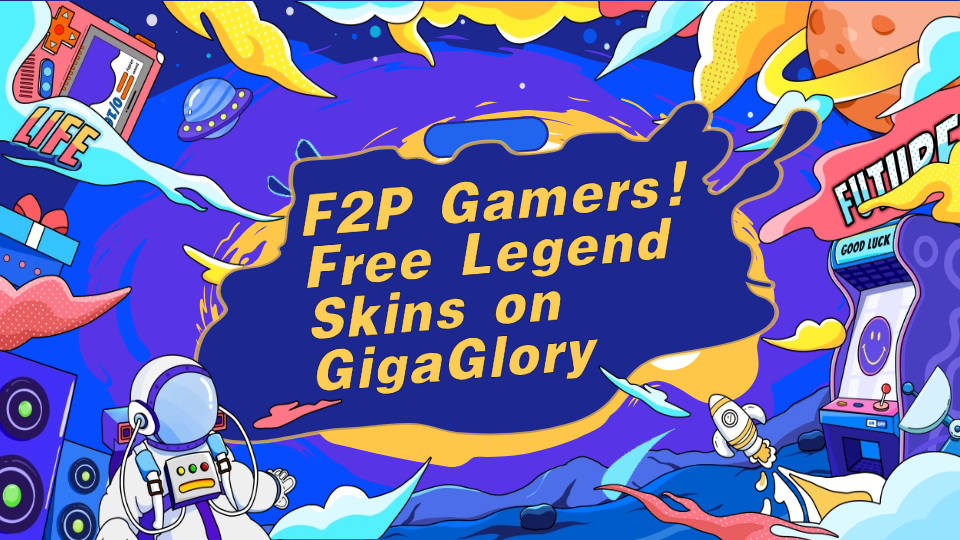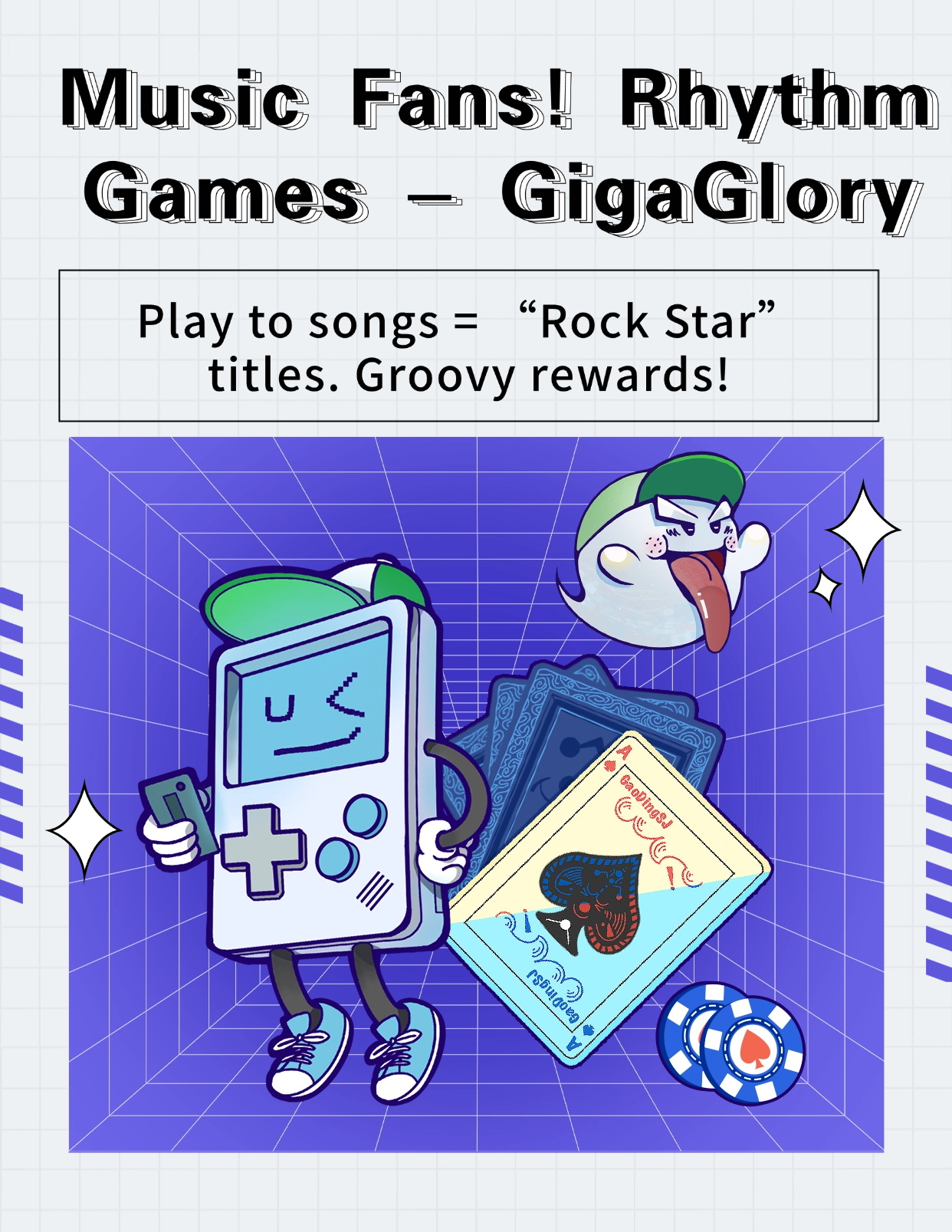How MMORPGs Are Revolutionizing Real-Time Strategy Games: A New Era of Interactive Gaming
In the dynamic world of gaming, few genres have captured the imagination of players quite like MMORPGs (Massively Multiplayer Online Role-Playing Games) and real-time strategy games (RTS). With the dawn of a new era of interactive gaming, it’s fascinating to explore how MMORPGs are not just adding depth to traditional RTS but are transforming it entirely. This article takes you through the intertwining landscapes of these two genres and highlights the innovative elements they bring together.
Understanding MMORPGs and Their Essence
MMORPGs have a vibrant universe with extensive lore, character customization, and vast social interactions. Unlike traditional RPGs, these games allow thousands of players to coexist within a shared environment. Players embark on quests, engage in warfare, and build alliances, creating a rich tapestry of gameplay experiences.
| Key Features of MMORPGs | Impact on RTS |
|---|---|
| Character Progression | Enhanced strategic variables for players |
| Social Interaction | Team dynamics and alliance formations |
| Dynamic Worlds | Changing landscapes that dictate strategy |
The Core Mechanics of Real-Time Strategy Games
RTS games have long been a staple in the gaming community, emphasizing tactical planning, resource management, and real-time decision-making. Players command units and structures, often focusing on building empires through strategy, as seen famously in games like Clash of Clans. The immersion lies in combining immediate tactical responses with long-term strategic planning.
- Resource allocation
- Unit management
- Base building and strategy
- Real-time battles
- Map control and vision
When MMORPGs and RTS Collide
The synergy between MMORPGs and RTS offers a fresh perspective on gameplay. Imagine setting up a base in a climactic battlefield like in Clash of Clans, only to find that the entire battlefield evolves based on player actions. With MMORPGs introducing persistent worlds, the traditional RTS format can now integrate such new dynamics:
- Persistent Dynamic Worlds: Instead of static maps, players face evolving landscapes, continually influenced by their decisions.
- Community-Driven Strategy: War strategies can now be crafted collaboratively, merging inputs from various players.
- Character Specialization: Players can take on distinct roles in their teams, bringing individuality to collective strategy.
Innovative Elements: Delta Force Nuke and Its Role
One of the most thrilling additions can be seen in games embracing larger-than-life mechanics, such as the introduction of devastating moves akin to a Delta Force Nuke. In the right context, such techniques can be game-changers, pushing players to think beyond just conventional tactics. The thrill of engagement heightens, adding layers to the already intricate plotting characteristic of RTS games.
Community Engagement and Immersion
The social aspect is what breathes life into MMORPGs and, consequently, RTS games reinvented in this light. Players are no longer isolated; they’re part of a collective that shares goals, engages in diplomacy, and participates in massive engagement battles. This community aspect not only enhances gameplay but also fosters friendships and alliances that enrich the gaming experience.
The Future of Gaming: A Spectrum of Possibilities
This melding of genres denotes a potential future of gaming that’s immersive and collaborative. As developers experiment with hybrid models, you can expect:
- Improved AI that responds dynamically to player action, ensuring no two games are alike.
- More intricate environments that offer tactical advantages and disadvantages in real-time.
- Unique quests that can intertwine MMORPG narratives with RTS structures.
Conclusion: A Bright Horizon for Gamers
In conclusion, as the boundary between MMORPGs and RTS fades, players are treated to a flourishing landscape ripe with opportunities for creativity, strategy, and social interaction. The blend of self-driven narratives found in MMORPGs with the tactical complexity of RTS results in a compelling gaming experience. This future not only excites players but also challenges developers to push the envelope of what's possible in interactive gaming.
```


